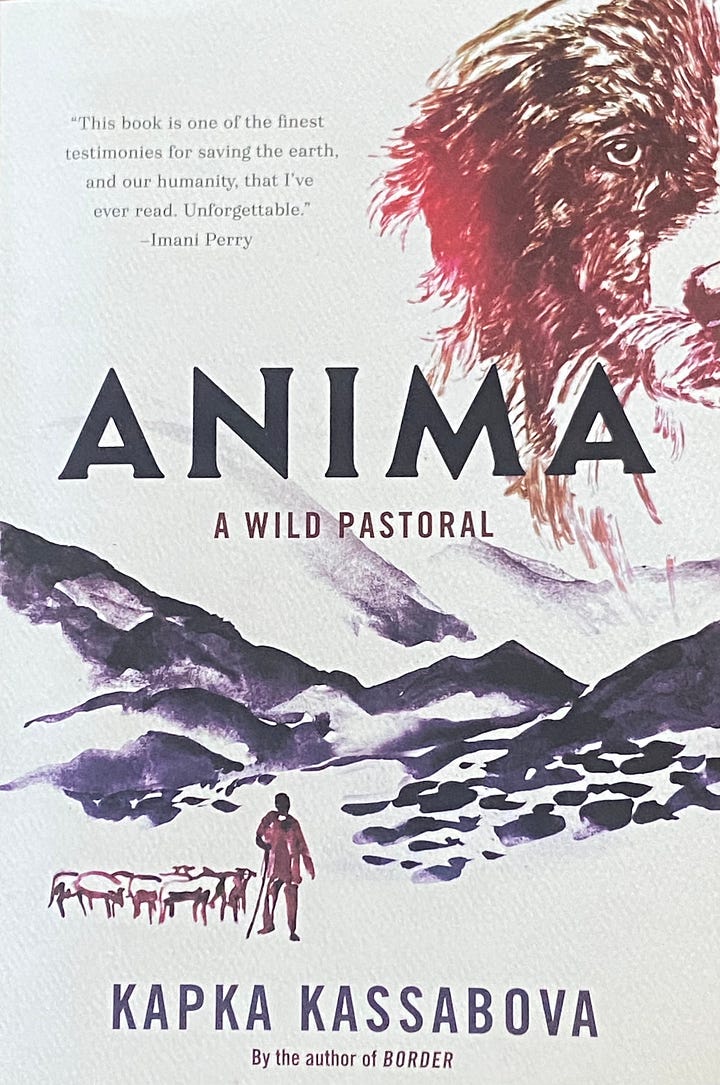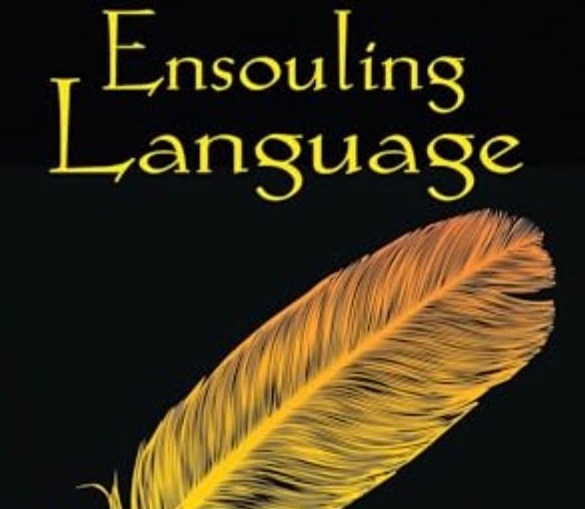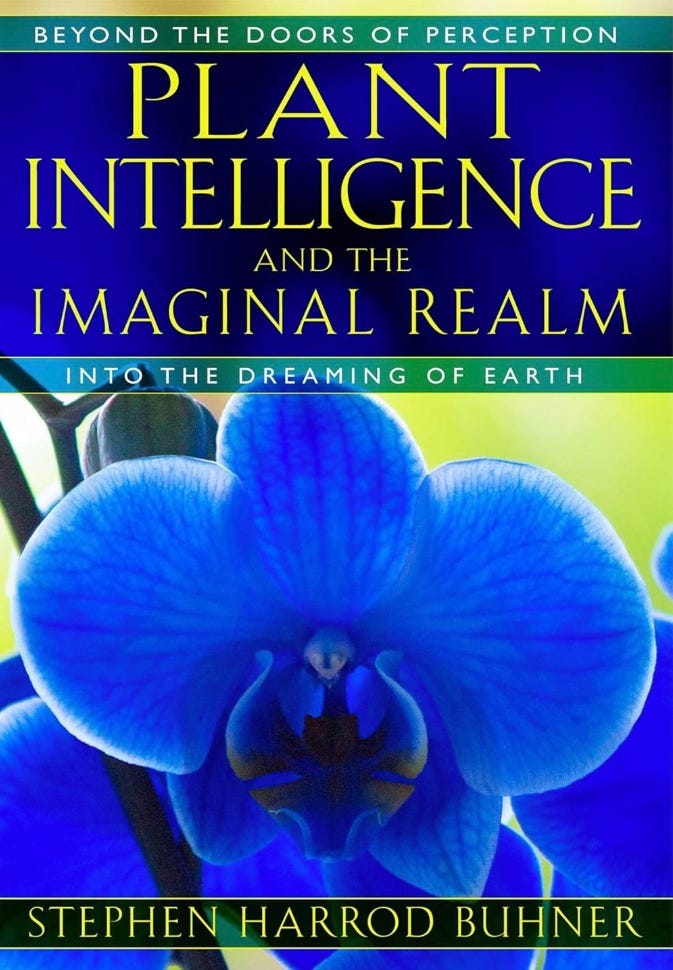

I hereby nominate Kapka Kassabova for the Stephen Harrod Buhner Prize, which doesn’t exist, but should.
I found Buhner’s work through getting a tick bite and testing positive for Lyme. That resolved, but meanwhile I read Buhner’s Healing Lyme, and then Plant Intelligence and the Imaginal Realm and Ensouling Language.
Plant Intelligence is in many respects a manual for becoming a nondomesticated explorer of the natural world, what used to be a called, long ago, a natural philosopher. What might now be called a wild scientist, one who sees both the forest AND the trees, and micro and the macro, and the webs of life and meaning that connect them.
Now to Kassabova, who on Facebook styles herself a “writer, forager, hermit”. Whether or not you already know about her, please check out her Youtube conversation with Romanian podcaster Victor Cobuz:
.
I believe her writing about the natural world achieves the techniques and states of wild science that Buhner describes. The wonder is that her writing about her own history, her relationships, the social aspect and her own feelings uses these techniques and states, too, and connects with me: it’s like plugging a power supply into my feeling sense, that super-sensory state of not merely observing, but deeply connecting with the world.
"..it’s like plugging a power supply into my feeling sense..." A child of the last generation growing up behind the Iron Curtain, Kassabova revisits the countries of her heritage and reconnects with the stories, people, places, plants, animals, craft and wisdom that, while threatened, survive from centuries before. She brings herself along, driven to embed herself in the story, and so the complicated social relationships and internal dramas flow alongside the geography, history, anthropology and natural history in her work.
I find her by turns needy, nerdy, curious, generous, vulnerable, brilliant, compassionate, brave, selfish, chronically ill, tireless, strong, quirky [“ ‘cos,” she writes]. She has an unapologetic drive. I get frustrated by her mannerisms (using span as a past tense of spin for example)—are they the narrative equivalent of her speaking New Zealand/Scottish English with a Bulgarian accent? —put her down for a bit, but always go back.
In Anima, she moves into a new-old corner of the new-old country, focuses on diminishing ways of life led by marginalized people, and joins them in their new-old lives, particularly sheep- and goat-herding in seasonal pastures, and in work, play, trials, neuroses, genius gifts, manic-depressive streaks, adventures, dysfunction.
Anima is the fourth book of her Balkan quartet, with their underlying themes of wildcraft, folk craft, farm and food ways, peoples, languages, personal, social and political turmoil. Whether I am reading about firewalking in Border, herbs in Elixir, herding in Anima, childhood in Street without a Name, or fascinating regions in Border and To the Lake, Kassabova does it for me.
From fear and loss to exhilaration and discovery, she brings me into her raw feelings. I leave it to writing experts to identify her specific techniques and states, but this is what I understand Buhner to be getting at when he ponders nonfiction writing in Ensouling Language. (More on Buhner and feeling in writing and reading here.)
I thank her for dedicating her powers to writing with such compassion and allowing me to feel so deeply in turn.
P.S. I love having a guest contributor! Thank you, Marc!





